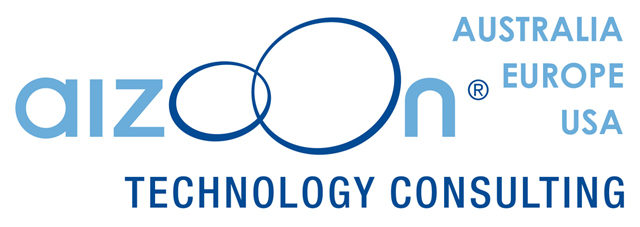We’ve known each other for 10 years and Pierre contracts with aizoOn (my employer) so let’s get that out of the way for transparency.
I have known Pierre for a while now, hence why I’m stoked to have had the opportunity to welcome him on the podcast. Pierre knows his stuff and can switch gears in conversation across an array of topics at a deep level which is precisely why he has been appointed to so many key security positions around the world. He shared with us his background in the ICT field, from his beginning at the Open Software Foundation where he participated in the creation of the open source codes that would later on be integrated by mammoth software houses like Microsoft (his former employer where he was the CSO for Asia years after).
He has advised nation states, operated at PM level, built cyber security programs around the globe and walked the executive tightrope in particularly testing environments.
Indice degli argomenti
How to ensure effective cyber security management from a global perspective
Pierre shared his insight from his days as Chief Security Officer for Microsoft on how to effectively manage security within a multi-jurisdictional and legal environment, as well as how vendors (Microsoft in this instance) nurtured relationships with its multiple stakeholders, inevitably ending up with a mention to the nowadays trendy “IP discussion”.
Pierre then moved on to hold the position of Global Chief Security and Privacy Officer for Huawei, the Chinese tech giant currently undergoing a grilling behind closed doors and in the media. I’ll park that there – we get into it, there’s a lot of noise surrounding the entire thing.
Are we heading to more turbulent and dark waters than ever?
Additional disclosure, Pierre’s work with aizoOn Technology Company is in Switzerland where, as Pierre illustrated, he is helping to develop a Cyber Hub for a client (and in turn their clients) an information sharing and cyber security platform connecting financial institutions and service providers across Switzerland. The greater good? Collaboration and knowledge sharing in cyber security as a crucial tool to win the good fight!
We then addressed some of the most unclear and thorny issues in our near-term future, primarily 5G, the EU encryption law (success or mistake?), FaceApp and country-based classification, ending the drive of winning perceptions in cyber and instead encouraging fact-based judgements instead.
Well, what else to add – tune in now and feed your ears!
The Secure in Mind Project
Our mission is to greatly increase and encourage community discussion about technological and ethical issues that have done, are and will impact society on a global scale.
There is a longstanding and distinct disconnect between the way information is packaged and presented to the public and the effectiveness of this presentation in terms of generating informed, considered debate.
If we can take complex, important topics and present them, as best we can, in a manner that can interests people from outside the speciality, then we have surpassed our expectations.
Nick Kelly Bio
Nick is someone who, in many senses, is just like you: a human being trying to make sense of this existence of ours as we hurtle around a ball of gas in a sea of infinite eternity. More relevant though are his vacillations in the world amongst diverse countries and environments, collaborating, negotiating, elaborating and celebrating with fascinating people from all walks of life including politics, technology, activism, military and intelligence the world over.
He brings this unique breadth of perspective to the table and has a dogged interest in pursuing the human story behind the title or policy, appreciating the fact that underneath all of our bravado, political correctness and dichotomous states of creation and destruction, we are, after all, merely mortals trying to make the best of it.
Credits
The production cost of this episode of “Secure in Mind” was supported by aizoOn Technology Consulting.
aizoOn is a global technology consulting company focused on innovation. Since the digital economy requires new visions, technologies and organisational models, we have taken the eco-system approach. Through this attitude, innovation happens through a co-creation process involving government agencies, individuals, public and private entities.
What this boils down to is that we use data and brains to drastically increase efficiencies, reduce waste, consolidate technology security and cyber postures and train the next generation of the top tech force.
If you want to passively and effectively identify hackers in your network, require project management on your space programme or even need a chemical scientist to solve a supply chain issue in your bottling plant, give us a call!








































































